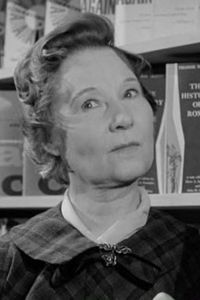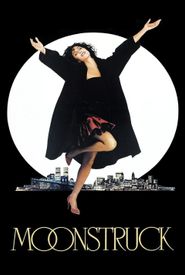Paula Trueman, a talented and beloved character actress, was born in 1897 in New York City to Joseph and Eva (Cohn) Trueman. She was educated at Hunter College and later received a fellowship to study at the Neighborhood Playhouse, where she honed her skills in dance and prepared for a career in the performing arts.
Trueman made her stage debut in 1922 as a musical performer at the Hippodrome in a production of "The Thunderbird." She went on to appear in numerous revues, including the Grand Street Follies of 1924, which she performed in annually until 1929. Her dramatic range was showcased in her straight-acting debut in "The Little Clay Cart" in 1924, and she continued to delight audiences in a wide range of plays throughout her long and distinguished career.
Some of her most notable roles include "The Dybbuk" (1927),"A Midsummer Night's Dream" (1932),"The Merchant of Venice" (1932),"You Can't Take It With You" (1936),"Gentlemen Prefer Blondes" (1949),"The Solid Gold Cadillac" (1954),"Wonderful Town" (1963),"The Music Man" (1965),and "Catsplay" (1977).
Although she had an uncredited role in the 1934 film "Crime Without Passion," Trueman did not appear in another film until 1969's "Paint Your Wagon," starring Clint Eastwood. She then went on to appear in a number of films, including the cult classic "Homebodies" (1974),Eastwood's western "The Outlaw Josey Wales" (1976),and comedies such as "Annie Hall" (1977) and "Zelig" (1983).
Trueman's final film appearances were in "Sweet Lorraine" (1987) and "Moonstruck" (1987). She died of natural causes in New York City in 1994 at the age of 96, leaving behind a legacy as a talented and beloved character actress.







































